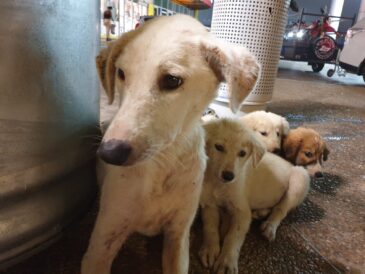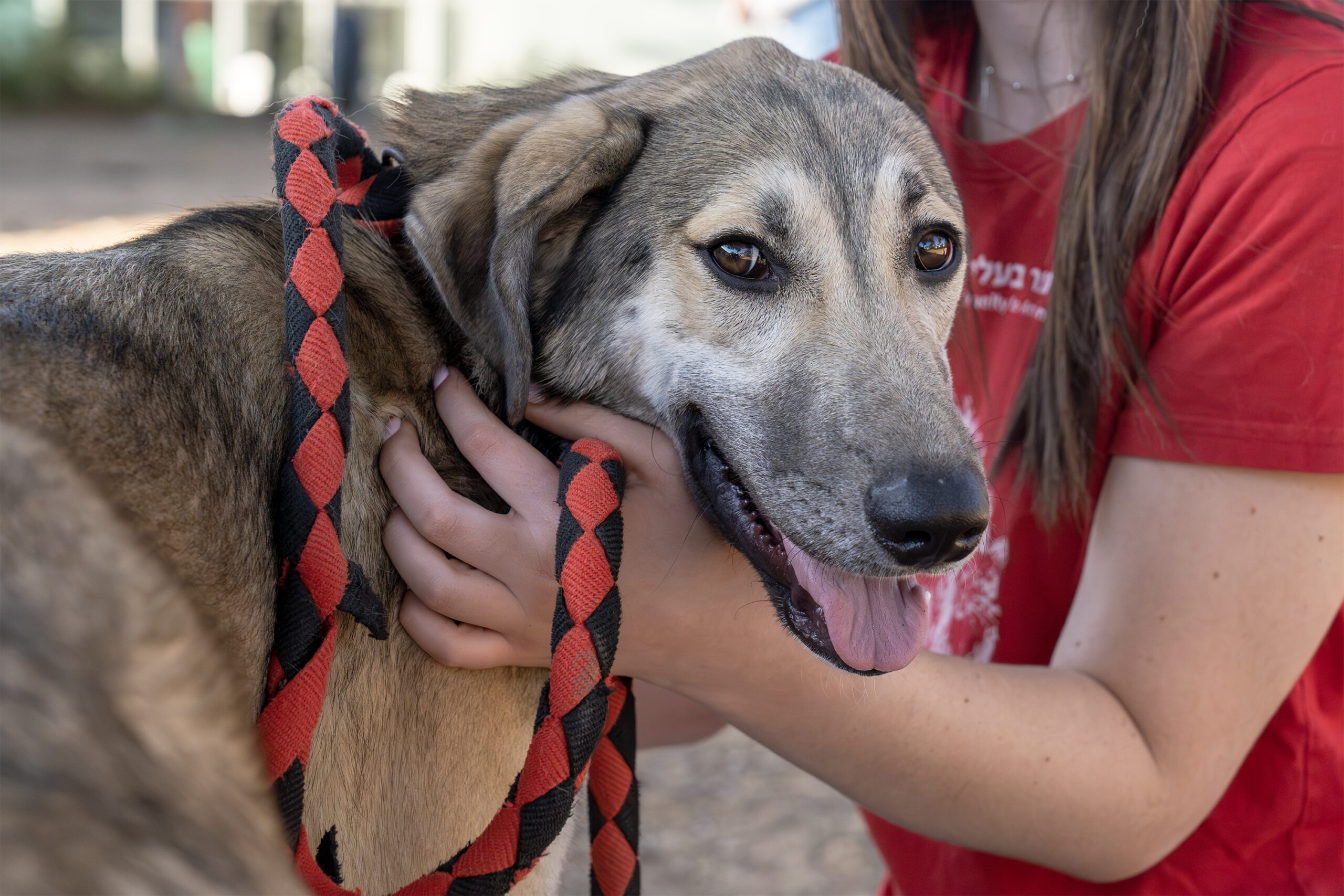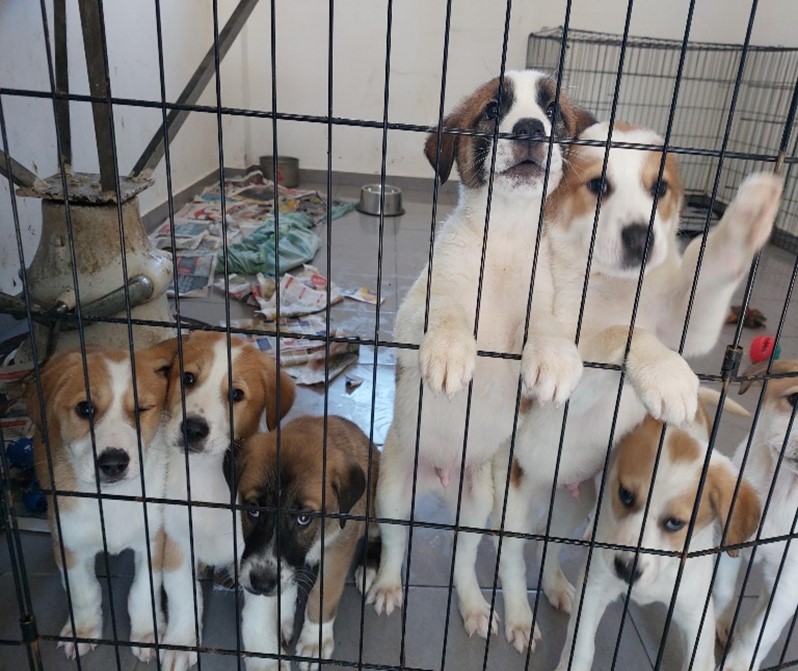Doctor Hila Bareket, SPCA Israel veterinarian
Every week cats arrive at the clinic of the Society, with inflammations in their mouths and severe gum problems. Seemingly, it is possible that we are talking about cats that simply need a teeth cleaning. However, many times, a gum infection, especially in homeless cats, is likely to testify to a much more severe problem.
FIV is a virus that is transferred only between cats, and is not infectious to humans or to other animals who are not felines! It is common primarily in homeless male cats over five years old. The virus is transferred between cats primarily by bites, by blood, saliva, milk and sexual contact. The infection could also be through an infected mother to her kittens. When a cat is infected with the virus, it does not immediately show symptoms of the disease.
At the onset, the virus arrives at the lymph glands where it multiplies throughout the cells of the immune system. Within 4-6 weeks the general symptoms develop, which are fever, depression, lessoning of appetite and an enlargement of the lymph glands. The owners usually do not notice these symptoms; the cat looks “healthy”. Anti-bodies develop in its blood against the virus. However, at the same time the virus continues to multiply and to destroy cells of the immune system.
This process is slow, and could take months or years. At a certain stage, the immune system of the cat is extremely weakened and it no longer succeeds in defending the cat against infection with illnesses that without the virus the cat would not contract. We are speaking, in general, about severe chronic inflammations in the mouth, on the skin, in the respiratory or digestive systems, which are accompanied by bacteria and even develop into cancerous growths. In this stage the cat is very sick, depressed, develops fever, loss of appetite, weight loss, diarrhea, eye inflammations, neural problems and death.
It is possible to perform blood tests upon the cat who is suspected as having contracted the virus in order to detect anti-bodies that were created upon the infestation of the virus. Blood tests don’t always testify unequivocally that the cat has contracted FIV, since there is an immunization for the virus that creates the same anti-bodies. Additionally, in the terminal stages of the disease it is possible that no anti-bodies will be found in the blood at all and the test will be negative, in spite of the fact that the cat is very ill. Sometimes the test has to be repeated after a few weeks since only then will the level of anti-bodies be high enough to be detected.
The treatment is generally supportive:
– Antibiotics against the secondary infections.
– Vitamins, liquids and food with high nutritional value—to support the cells of the immune system.
To prevent the spread of the illness, we have to prevent other cats from contracting the FIV virus, and this is by: separating the healthy cats from the sick cats and preventing contact or quarrels with other cats, and by keeping the ill cats at home and immunizing the healthy cats against the disease once a year.










